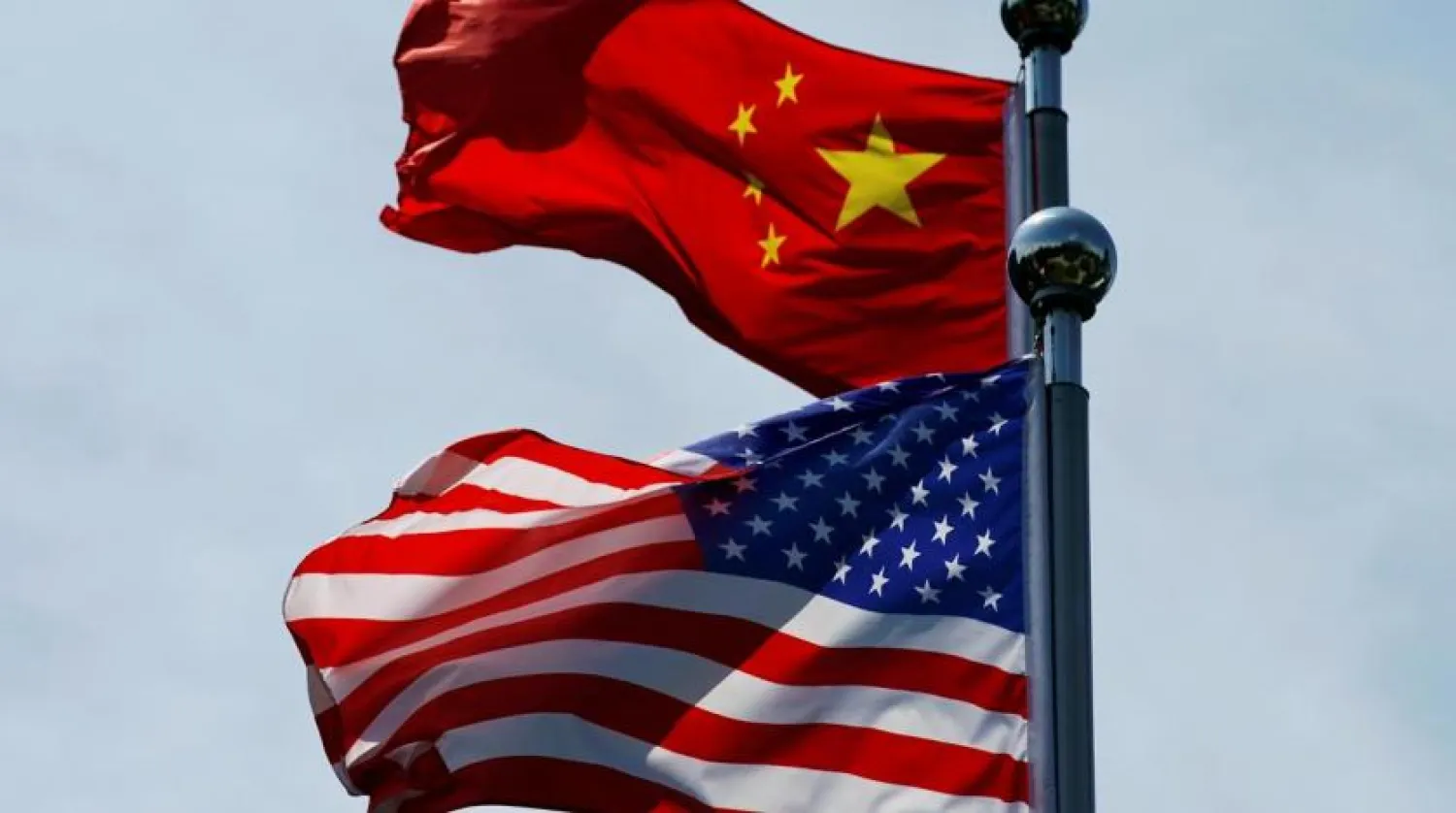The economic confrontation between the United States and China has put Europe in the crossfire, with Washington's plan to boost green industries threatening to cause collateral damage to a key ally.
The United States has adopted the Inflation Reduction Act (IRA), which contains $370 billion in sweeping investments, subsidies and tax cuts to reduce greenhouse gas emissions, making it the largest-ever US program to combat climate change, AFP said.
But some of its provisions have been criticized by European Union officials as discriminatory against European carmakers, with some saying it smacks of protectionism.
French Economy Minister Bruno Le Maire and his German counterpart Robert Habeck travel to Washington to meet Treasury Secretary Janet Yellen on Tuesday and try to resolve the impasse.
EU leaders will hold a summit later in the week that aims to begin crafting a response to the US measures.
The IRA aims to bolster green industries that will be key to the future economy, such as the manufacturing of batteries and solar panels.
US firms will be able to receive subsidies similar to those their Chinese rivals receive, on the condition that they manufacture domestically.
"One of the key objectives of the IRA is to exclude Chinese suppliers from clean energy supply chains," said Tobias Gehrke, a fellow at the European Council on Foreign Relations.
He said the priority was reducing US dependence on Chinese imports.
China dominates the electric vehicle sector, with 78 percent of the global production of battery cells and three-quarters of the big plants to manufacture the lithium-ion batteries they use, according to a study by the Washington-based Brookings Institution.
- 'An afterthought' -
The IRA has sent chills down the spines of European leaders, who fear the generous support will encourage firms to shift production to the United States.
The EU has called on the United States to provide European firms exemptions -- like those granted to trade bloc partners Canada and Mexico.
However, attempts to find a resolution have so far failed to bear fruit.
Gehrke said Washington was thinking about manufacturing jobs and reducing dependence upon Chinese imports first and foremost, and the impact on its European, Japanese and South Korean allies was more of an "afterthought".
"I don't think America wants to punish Europe ... I don't think they thought about Europe at all," he said.
Cecilia Malmstroem, the EU's former trade commissioner and now a senior fellow at the Peterson Institute think tank in Washington, agreed.
"Europe has become a bit of collateral damage in this" effort to reduce dependence on China, she said.
"I do not think it was intentional to target the Europeans," she added.
Rather, it is a product of the trade war with China started during Donald Trump's presidency.
First, Trump imposed punitive customs taxes on China in 2018, which President Joe Biden has maintained -- along with Washington's combative tone towards Beijing.
This was followed by restrictions on the export of certain electronic components to China, and the 2022 CHIPS Act which includes $53 billion in spending to boost the production of semiconductors in the United States.
Then came the IRA.
- Subsidies race -
Europe's fears have deepened in the wake of economic and supply crises sparked by the Covid pandemic and war in Ukraine that have cast the rules of globalization into question.
A global focus on reindustrialization has led to fears of a subsidies race in the United States, China, and Europe -- where the European Commission wants to make it easier to hand out state assistance to companies.
Pascal Lamy, a former director-general of the World Trade Organization, said Europe must "put pressure" on Washington, as the IRA is "more anti-European than anti-Chinese".
Gehrke said the deadlock between the historical allies also raised questions about Europe's own strategy towards China, as its reliance increases on Chinese-made components for electric vehicles.
"Like those in the US, Europe's clean energy supply chains are already dangerously dependent on China," he said.
"Targeting these dependencies is in the EU's economic interests and could help convince Washington that Europe is a necessary and useful partner on China."









